On crossing Africa
Africa has her mysteries, and even a wise man cannot understand them. But a wise man respects them. – Miriam Makeba
Crossing Africa will probably be the highlight of my two-wheeled adventure across the continents that make up this planet.
After crossing the Americas, I got to Cape Point / Cape of Good Hope south of Cape Town in South Africa and then soon headed for sparsely populated and wild areas to Namibia. I continued north and arrived in Angola where I spent an afternoon as a clandestine. Crossing the Caprivi Strip, the first real territory inhabited by lions and elephants, I started heading east. I kept that direction through Zambia and then started northwards in Malawi. In Tanzania I made a great detour to reach Dar es Salaam and from here getting to Zanzibar; a de facto Italian colony. Once I saw (from afar) the slopes of Kilimanjaro I veered towards Rwanda not before a six-week break due to being hit by a motocross bike in Arusha, which geographically marks the centre between Cape Town and Cairo. From Rwanda I entered Uganda at the border with the Democratic Republic of the Congo where many people were dying of Ebola. From one of the most remote areas of Uganda, I moved to Kenya in an equally remote and desert area. Actually, you must believe my word because there is no trace of my passing through Kenya in my passport. But I could not have entered Ethiopia from Lake Turkana without passing through Kenya. Quickly through Ethiopia, I could not appreciate more Sudan and its hospitable, honest and friendly people. Egypt, on the other hand lives on tourism. There are quite a few people there doing all sorts of scam schemes, and all under the gaze of policemen, not at all professional, childish, ignorant, bureaucrats, lazy and inept.
The epic Cape to Cairo journey across Africa ended after about thirteen months in which I travelled 17.000Km, through 17 countries.
In truth it is difficult for me to put into words what it was like to cross Africa: a very personal and emotional experience. I arrived in Africa pretty low on energy after the Americas, without knowing what to expect or what I would meet. I wasn’t very prepared but years of life on the road teach you that somehow you can get by anywhere.
In Africa I found the same humanity that I found elsewhere, although here the filter of skin colour is palpable in the air. As a white man I received different treatments immediately starting from South Africa and Namibia, sometimes too reverential, other times I had to pay the “tax” to be white. I also believe that the incredible hospitality I enjoyed in the Afrikaans community in these two countries is largely due to being white. South Africa and Namibia practically live the same problems and challenges after the end of apartheid but the situation in South Africa is really explosive I wouldn’t know what other word to use if not: a big mess.
Indeed there is only one Mandela and all the others have difficulty forgiving and forgetting; not to mention the logistic segregation of the villages (white, black, coloured districts and three distinct churches). But the real Africa begins in northern Namibia, up close to the border with Angola. It is here from Zambia to Kenya that I stopped being Davide and I was simply referred to (literally and verbally) as: muzungu, the white. A name they used to get my attention thousands of times a day; screamed most of the time, whispered a few but always, constantly, incessantly: muzungu. It didn’t seem real when I arrived in Ethiopia, I stopped being muzungu and I became faranji, quickly even faranji started to tire.
In Africa I better understood the meaning of “racism” to the point that even through several conversations I had along my journey, I was able to give a new perspective to my experience in the Americas.
I found a continent very rich also in material terms. The problem is that it was looted for hundreds of years by colonialist policies mainly by us Europeans. Unfortunately, colonialism continues but it’s now called neo-colonialism. These mechanisms have not only stripped an entire continent of its wealth and continue to do so but at the same time have created fertile ground for widespread dissemination of corruption at the political and managerial level. I remember a Liberian man met in Namibia who objected to my assertion that corruption exists throughout the world said: the difference is that the politician or executive in Africa does not want to take only a slice of the cake, he wants all the cake and he doesn’t want to leave even the crumbs on the plate.
In this climate there is a river of financial and human resources that flow into Africa every year through international cooperation. It seems that most of these resources go to waste, on the one hand supporting the muzungu bandwagon that works there and have made a career of it (all people who earn a lot, it’s not a vocation) on the other hand by supporting the politicians’ bandwagon and local authorities that also live happily. Many times even small NGOs are set up to support the lifestyle of those who have simply decided to have a good life in Africa. Beware where all this money goes. To tell the truth, there are a lot of truly genuine people who strive and that really make the difference as “in & out of the ghetto” I work with.
Other than resources there is a wealth of humanity, culture and traditions that are radically diverse and different from what I was used to and it is impossible to find logic often. Perhaps this is one of the origins of the expression TIA; This Is Africa. Unfortunately, even here our missionaries over time have tried to change many customs and habits because they did not seem to fit into their doctrine probably doing some damage.
Honestly, I have often been afraid in Africa, a worry derived from ignorance, from real lack of knowledge. A little worried yes but I never felt in real danger. Surely Africa is much less violent than the Americas, where I often had to watch my back. Even bigger cities are relatively much quieter than American cities. If I had to leave today, I would certainly be cooler.
The only country where I do not think of returning to is Ethiopia. Here people have developed a way of approaching the stranger that I would call almost hateful. Many people become annoying by begging, so many try to befriend you aiming at this or that benefit. Young people don’t have any problem surrounding you trying to rip things off your bike, throwing stones at you, or trying to put a few sticks in your wheels (literally) or even spitting at you. Too bad because it is a beautiful country with lots of exquisite people.
In the end, from Africa I bring with me a new awareness, a lot of emotions and experiences lived with the people who accepted me not as an intruder but simply as a traveller, of those who wanted to share fragments of life like me. I carry a puzzle of different cultures and peoples but in the end men and women exactly like me. The richness and diversity of a territory to defend and preserve before it is too late.
On this continent I leave many new friends that I probably won’t be able to see again easily and once again I look sad at my passport: a mere symbol of my privilege and human greed that has created invisible boundaries and walls that limit the freedom of most people by making them slaves.

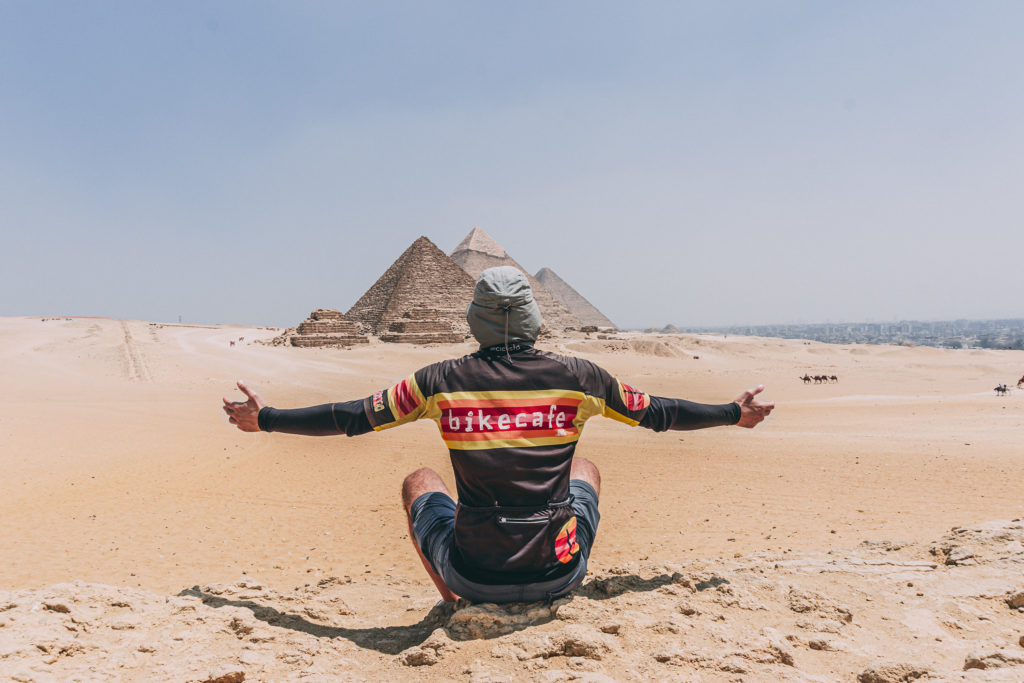
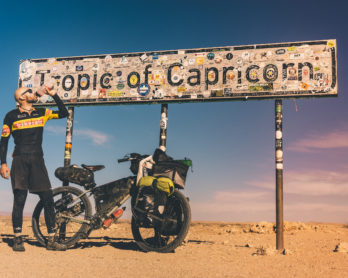
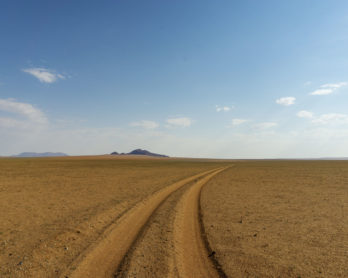
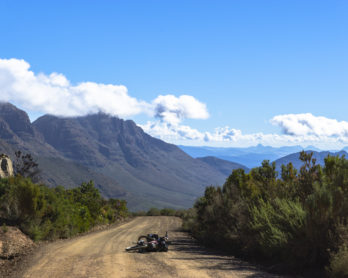
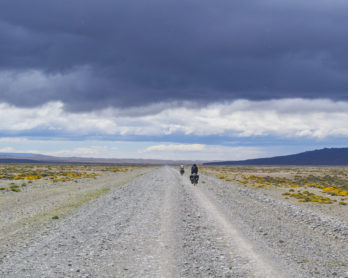
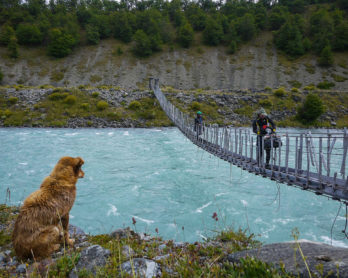
Hey Bitch!
I LOVE YOU. Be my boyfriend. Let’s meet after lockdown.
Seems like a great idea!